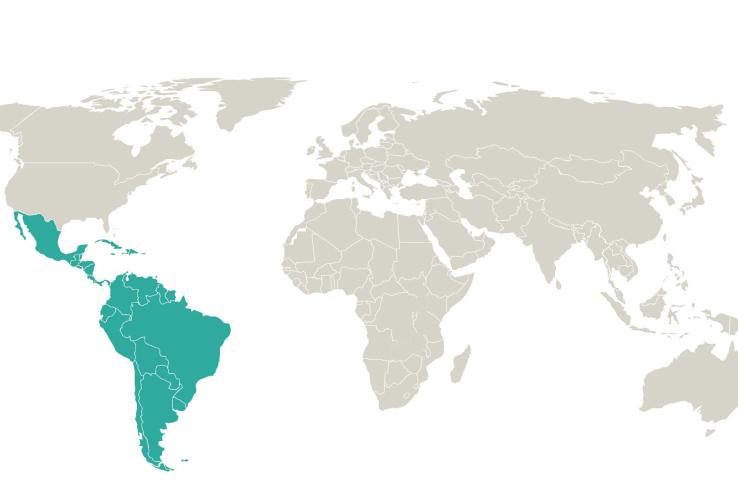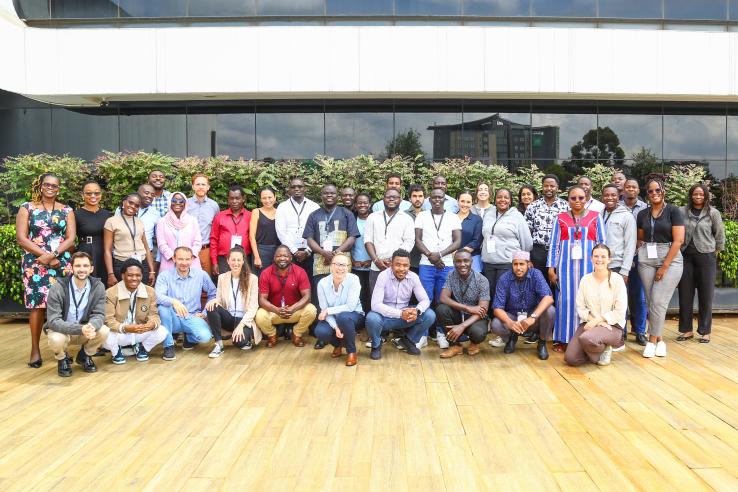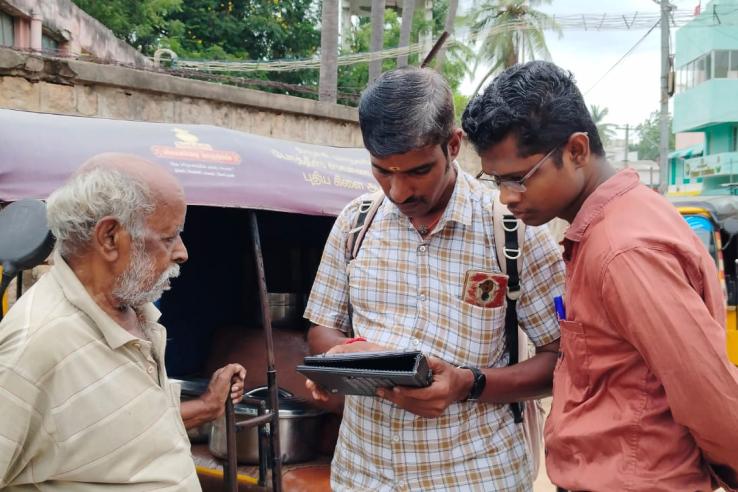Displaying 7906 - 7920 of 8077
Blog
In this Evidence Champion series, J-PAL North America is recognizing individuals in our network who have made extraordinary contributions to the field of evidence-based policymaking. This year’s partner recipient is AJ Gutierrez, Co-Founder and Chief of Policy and Public Affairs at Saga Education.
Blog
In this Evidence Champion series, J-PAL North America is recognizing individuals in our network who have made extraordinary contributions to the field of evidence-based policymaking. This year's researcher recipient is Alicia Sasser Modestino, Executive Director of the Community to Community Impact...
Person
Update
J-PAL updates
J-PAL North America's December newsletter announces the recipients of the 2024 Evidence Champion Award.
Update
J-PAL updates
In the December 2024 newsletter we celebrate J-PAL Latin America and the Caribbean's 15th anniversary, announce new J-PAL partnerships, and share a new Policy Insight on expanding household electricity access.
Blog
Learn more about J-PAL's humanitarian trainings and incubators and hear directly from Norwegian Church Aid about their experience.
Person
Person
Blog
The impacts of climate change are expected to intensify over the next thirty years and will disproportionately affect those experiencing poverty, exacerbate inequalities, trap disadvantaged groups in a cycle of poverty and vulnerability, and threaten to reverse years of progress. Global events, such...
Update
J-PAL updates
J-PAL MENA at AUC is proud to announce the induction of the second cohort of the MENA Scholars Fellowship following the successful launch of the first cohort of the program, which was launched in 2022. Supported by Community Jameel and the Sawiris Foundation for Social Development , the fellowship...
Blog
J-PAL South Asia has been working with the Government of Tamil Nadu, India for many years to inform policy decisions with rigorous research. One of our longest-standing research projects involves a multi-year survey of elderly people residing in the state to better understand their needs and how the...
Person
Person
Person






